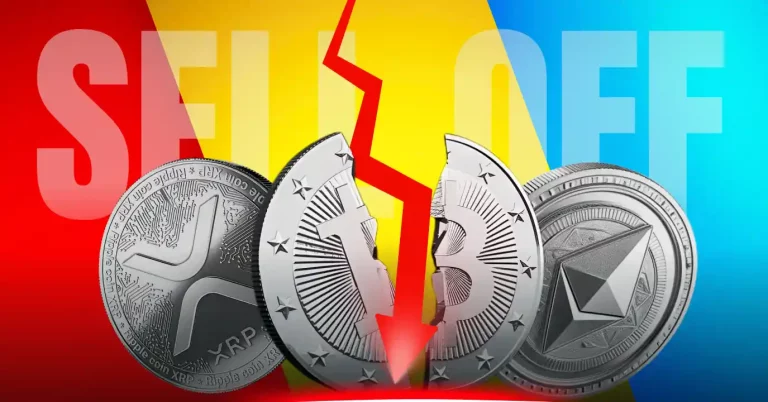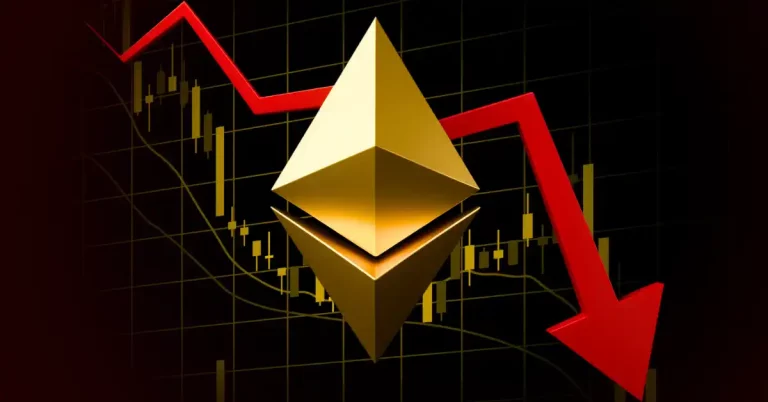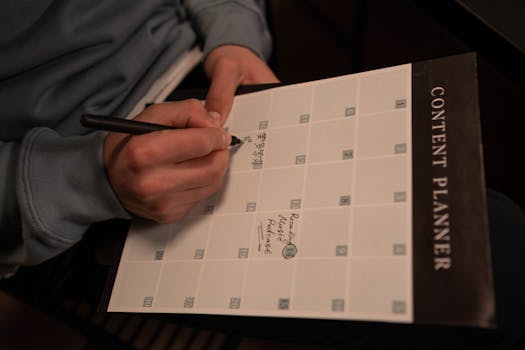
Time Management Strategies for Personal Efficiency
Introduction to Time Management
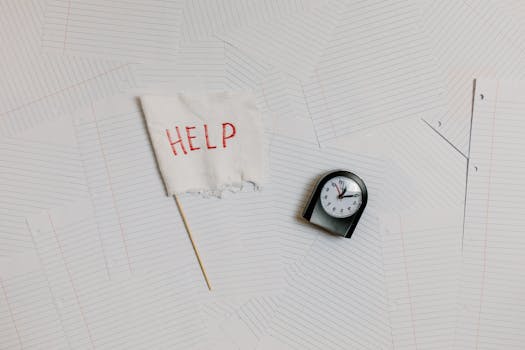
Time management is the process of planning and controlling the amount of time spent on different activities to maximize efficiency and productivity. Time management strategies for personal efficiency are essential in today’s fast-paced world, where individuals are constantly bombarded with tasks, responsibilities, and distractions. Effective time management enables individuals to prioritize tasks, manage their time wisely, and achieve their goals.
Setting Goals and Priorities
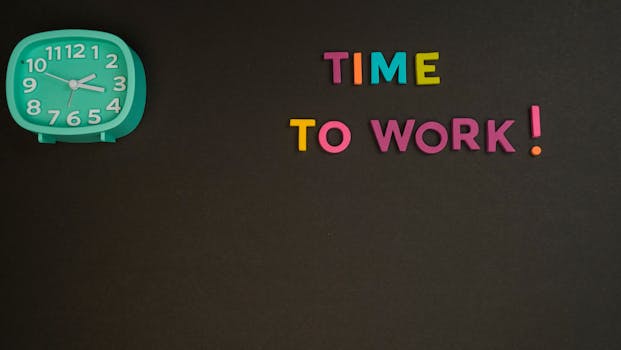
Setting clear goals and priorities is the foundation of effective time management. To set goals, individuals should:
- Identify their short-term and long-term objectives
- Break down large tasks into smaller, manageable chunks
- Establish a routine and stick to it
- Prioritize tasks based on their importance and urgency
By setting clear goals and priorities, individuals can focus on what is truly important, avoid wasting time on non-essential tasks, and make steady progress towards their objectives.
Time Management Tools and Techniques

There are various time management tools and techniques that can help individuals boost their productivity and efficiency. Some popular tools and techniques include:
- The Pomodoro Technique: work in focused, 25-minute increments, followed by a 5-minute break
- Time blocking: schedule large blocks of uninterrupted time to focus on important tasks
- To-do lists: write down tasks and check them off as they are completed
- Calendar management: schedule appointments, meetings, and deadlines
By using these tools and techniques, individuals can stay organized, manage their time effectively, and make the most of their time.
Managing Distractions and Procrastination

Distractions and procrastination are two of the biggest time management challenges. To overcome these obstacles, individuals can:
- Identify common distractions, such as social media or email, and eliminate them while working
- Break tasks into smaller, less intimidating chunks
- Use the 2-minute rule: if a task can be done in less than 2 minutes, do it immediately
- Take regular breaks to recharge and avoid burnout
By managing distractions and procrastination, individuals can stay focused, motivated, and productive.
Conclusion
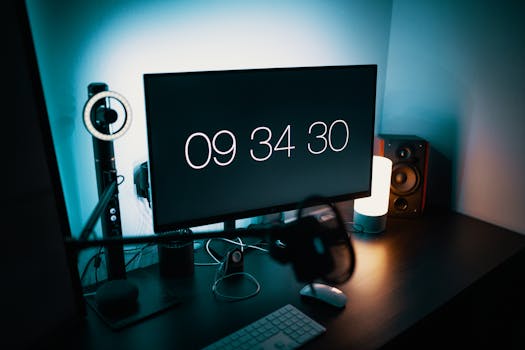
In conclusion, effective time management is essential for personal efficiency and productivity. By setting clear goals and priorities, using time management tools and techniques, and managing distractions and procrastination, individuals can achieve their objectives, reduce stress, and improve their overall well-being. Remember, time management strategies for personal efficiency are not a one-size-fits-all solution, so it’s essential to experiment and find what works best for you.
